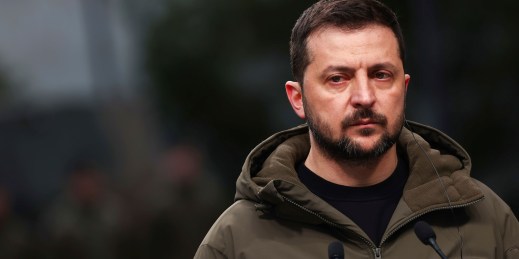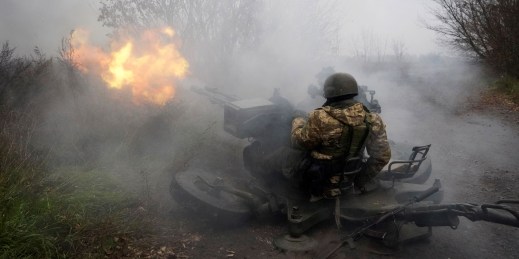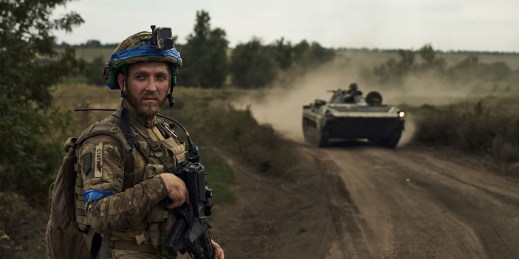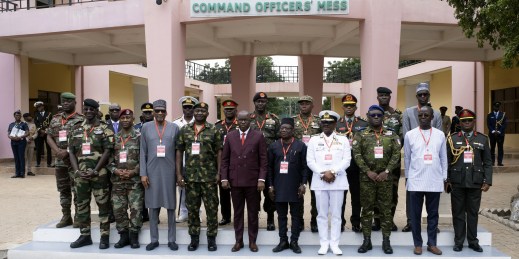
Kyiv’s reaction to a recent report showing that an errant Ukrainian missile was likely responsible for a deadly strike on a Ukrainian town highlighted its defensiveness in response to human rights critiques of its war effort. While this is unsurprising and even understandable, it is not actually needed and may hurt more than it helps.




